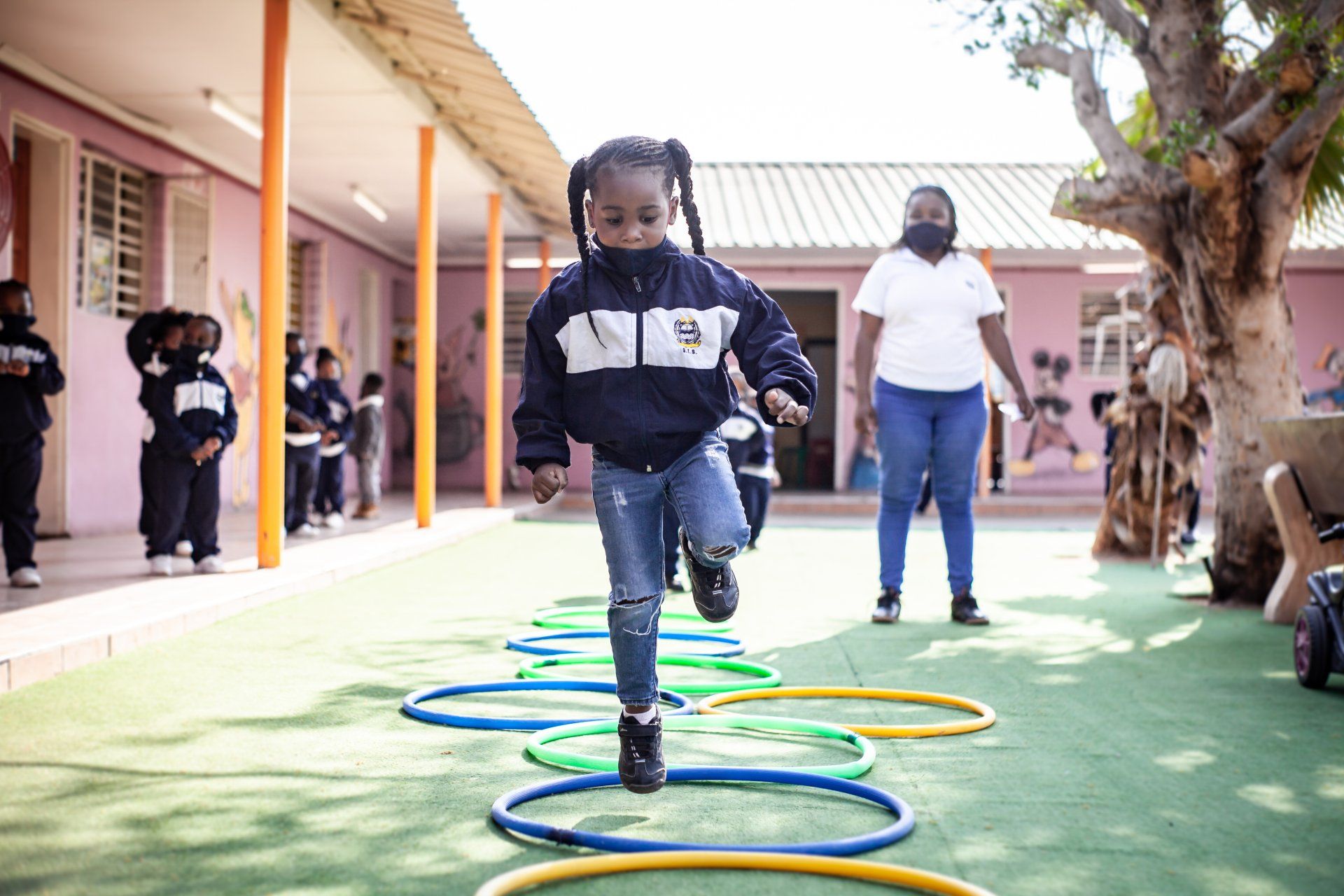The power of self-discipline in sport
The Importance of Self-Discipline in Sports
Have you ever given thought to why good athletes get suspended or get banned from playing their sports disciplines? When joining a sport disciplinary, the first thing that is required from you as an athlete is self-discipline.
Self-discipline is essential for success in sports. It is also instrumental to succeeding in other areas of life. Athletes who are disciplined are able to focus on their goals, develop a strong work ethic, and be consistent in their training. They are also more likely to follow the rules and regulations of their sport, which helps to ensure fairness and consistency for all participants.
At Gaborone International School we believe that participating in sports early in life also creates a lifelong sense of self-discipline in children. Coaches in particular, play an important role in instilling self-discipline in young athletes. Coaches should be aware of this responsibility, and show their athletes the benefits they can get from being disciplined.
Moreover, self-discipline isn’t about age and the particular stage of life you started participating in sports, it can be developed by everyone who is dedicated and willing to adopt its characteristics.

Why is Self-Discipline Important in Sports?
There are many reasons why self-discipline is important in sports. Some of the most important reasons include:
1. Focus:
Self-discipline helps athletes focus on their goals and stay motivated. When athletes are disciplined, they are less likely to be distracted by things like social media or other activities that could take away from their training.
2. Work ethic:
Self-discipline helps athletes develop a strong work ethic and be willing to put in the hard work necessary to succeed. Athletes who are disciplined are more likely to push themselves to their limits and never give up on their goals.
3. Consistency:
Self-discipline helps athletes be consistent in their training and performance. When athletes are disciplined, they are more likely to stick to their training plan and not miss workouts. This consistency leads to better performance over time.
4. Fairness:
Self-discipline helps to ensure fairness and consistency for all participants in a sport. When athletes follow the rules, it creates a level playing field for everyone involved. This is important for maintaining the integrity of the sport.
How to Develop Self-Discipline in Sports
There are a few things that athletes can do to develop self-discipline in sports. Some of the most important things include:
1. Set goals:
Athletes should set specific, measurable, achievable, relevant, and time-bound goals. Having clear goals will help athletes stay focused and motivated.
2. Create a training plan:
Athletes should create a training plan that outlines their goals and how they will achieve them. This will help them stay on track and make sure they are putting in the necessary work.
3. Stick to the plan:
Athletes should stick to their training plan and be disciplined in their workouts. This is important for achieving their goals.
4. Be patient:
Developing self-discipline takes time and effort. Athletes should be patient and not give up if they don't see results immediately.
Discipline is essential for success in sports. It is also instrumental to succeeding in other areas of life. Athletes who are disciplined are more likely to achieve their goals and reach their full potential.
If you ask any successful athlete about their road to success, the first thing they’ll say is, ‘self-discipline’ and how it has worked and paved the road for them to be where they are right now. Rightly so, discipline is an essential foundation for any sport. So when one decides to join/play any sport, they should come with a prepared mindset to accommodate self-discipline in their lives. This is clearly the root to being a successful athlete!
Read more insightful blogs from our teachers and educational experts.
Find out more about Gaborone International School and the work we do.
Feel free to call or email one of our correspondents.



